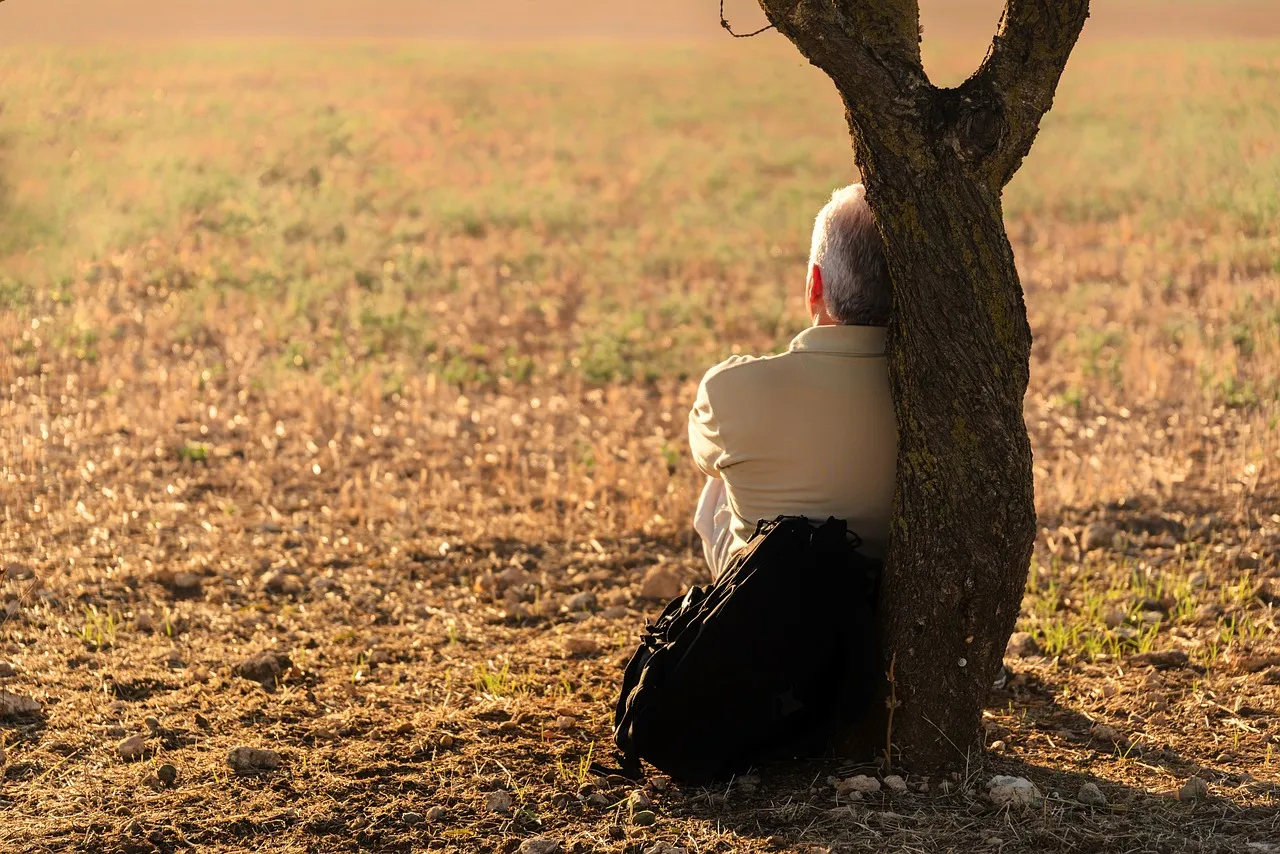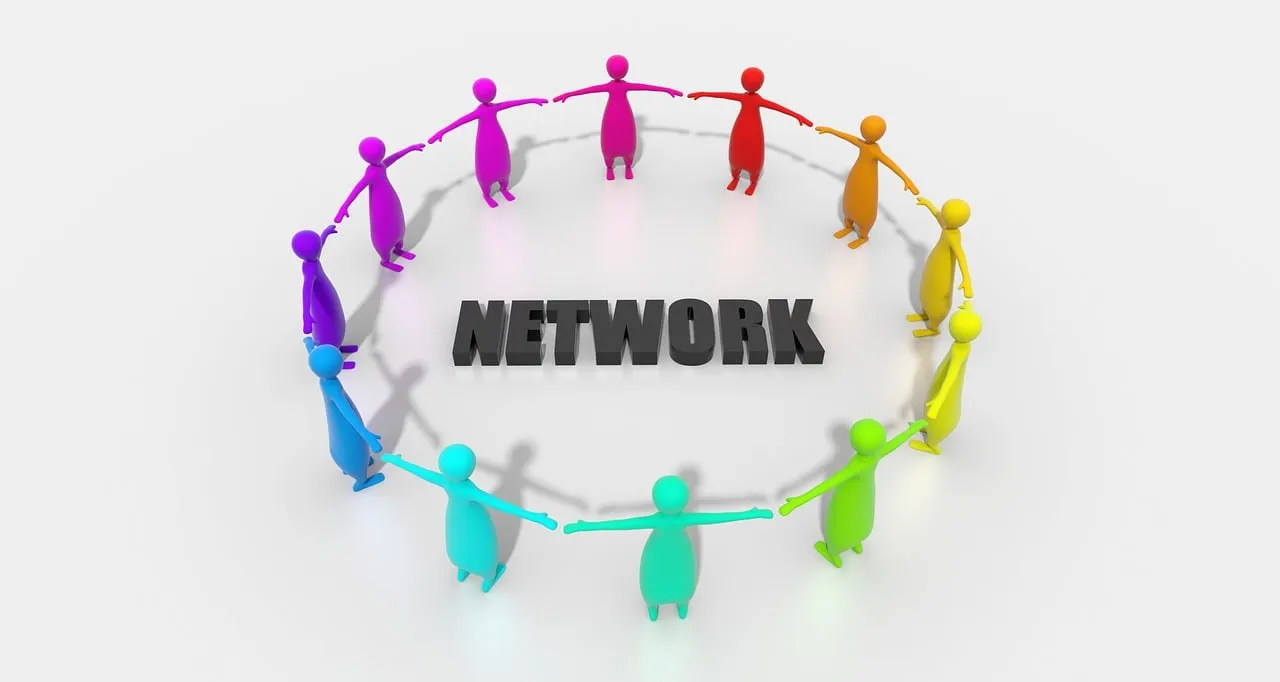
About half of all Americans today report feeling lonely and disconnected from other people, according to a recent report from the global health organization Cigna.
Roughly 46 percent of adults in the U.S. report that they feel lonely or left out.
Lonely by choice...
One previous study by AARP found that 1 in 5 adults reports feeling socially disconnected and for those who had larger social networks, they reportedly were found to have better brain health compared to those who had less engagement.

Minister of Loneliness...
However, trying to abolish loneliness seems like a similarly far-fetched goal that's much like their objective to rid the world of terror. The reason that I compare the two is because neither can ever be permanently extinguished from the world, no matter what resources are funneled toward trying to achieve that reality. The UK government is expected to release their loneliness strategy report sometime later this fall.

Doctors say that they are seeing patients several times a day who are coming in because they're struggling with loneliness, despite the tools being available at their fingertips to connect with billions of people worldwide.
In another report that sought to analyze loneliness, researchers pointed the finger at social media, suggesting that children today are feeling increasingly lonely because of their excessive social media use. The report comes from a helpline that's dedicated to offering assistance for any psychological or mental issues that children might have and they say that they've seen thousands of cases of loneliness in just the last year.
Researchers have been wondering why the numbers are climbing so quickly, what's prompting the rise in loneliness for children today and others, they wonder.
Could this illusion be what's fueling the loneliness for so many today?

The information that is posted above is not intended to be used as any substitute for professional medical advice, or diagnosis or treatment. The above is posted for informational purposes only.